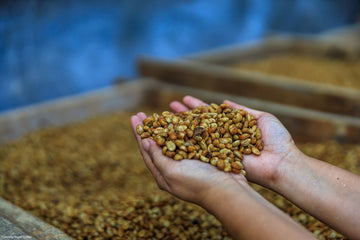Honduras Marcala Proyecto Cabañas Natural
If you've been waiting patiently for fresh arrivals from Ethiopia, this is the coffee to bridge the gap! It's chock full of fresh strawberry, cherry, chocolate milk and even bubblegum. It's big, juicy and surprisingly clean.
Natural processing has seen a surge in popularity in the Americas in recent years. While some attempts in the past have tasted like faint mirages of what we get in a premium quality Ethiopian natural, this year we’ve been graced with several that we’d place side by side with the best Ethiopian producers have to offer. Our current naturals from Costa Rica are on that short list and now this coffee is too!
Did you say berry bomb? Because this coffee is chock full of strawberry! We also get notes of ripe cherry and chocolate milk along with what I can only describe as bubblegum. Remember “Big League Chew?” That’s in the ballpark (pun intended). The cup is just absolutely juicy! What really sets it apart is how clean the finish is, especially for a natural. If, like me, you’re a fan of premium Ethiopian natural coffee, do yourself a favor and try this one. The fine folks at Proyecto Cabañas have knocked it out of the park.
Reminder! This coffee is raw, you must roast it before brewing
Arrival Date: August 26th, 2022. US Arrival July, 2022
Acidity & Brightness: Moderate acidity, intense, juicy sweetness
Balance & Finish: Slightly complex, fairly clean finish
Body & Texture: Full bodied and creamy
Flavors: Bubblegum, strawberry, cherry & chocolate milk
Grade: SHB, grown at 1650 masl
Processing: Natural (dry) processed
Grower: 65 farmers organized around the San Vicente group
Region: Cabañas, La Paz Department, Honduras
Varietals: Lempira, Catuaí, Ihcafe 90, Pacas
Recommended Roast Range: City to Full City (Light to Medium)
We like this coffee best at City+ (Light-Medium, tail end of first crack). For best results avoid roasts going into second crack, as the flavors in the cup will clash with “roasty” flavors. Lighter roasts will exhibit some tangy brightness and emphasize strawberry notes while medium roasts will favor cherry and milk chocolate as well as muted acidity.
Royal Coffee - "The municipality of Marcala, in Honduras’ La Paz department, is a mountainous region with Pacific Ocean climate influence very close to the country’s border with El Salvador. This part of Honduras is extremely well respected for coffee quality. So much so that in 2005 the region received Honduras’ first Denominación de Origen (DO) for coffee, which, similar to American Viticulture Areas (AVAs), certifies the region’s terroir and final products as being authentic so as to protect its exports from adulteration or imitation. The DO designation applies to Honduras’ mountainous southwestern region and includes parts of Intibucá, La Paz, and Comayagua, although it is simply named “DO Marcala” after the central municipality itself, which is considered the region’s capital of coffee heritage. Just like in any gifted, challenging coffee terroir in Central America, farms in the Marcala area range from large and historic to small and familial. The region has a variety of exemplary coffee organizations, from organic cooperatives to private mills and independent producer groups whose organized efforts have brought a lot of recognition to the potential of Marcala’s small farms in recent years. Proyecto Cabañas is one such group. It is a central processing project that currently services 65 small farms across the Cabañas community, a sprawling and remote area in the complex ridgelines along the Honduras-El Salvador border, due south of Marcala city. Participating farms average only 2.5 hectares apiece and are managed by immediate family. The processing project was first established in 2012. Farms across the region were struggling to survive after a roya (coffee leaf rust) outbreak devastated the predominant coffee cultivars in production—cultivars like typica and pacas, both excellent in the cup but highly susceptible to illness. Many of the farms had only recently been established, as coffee in Cabañas was not typically cultivated until the year 2000 when landowners saw the potential of planting it. The newer, state-sponsored hybrids farmers planted to replace their loss, such as Lempira and Ihcafe-90, needed help maximizing quality. San Vicente, a miller, exporter, and marketing group based in Honduras’ Santa Bárbara department, was first introduced to farmers in Cabañas by one of their producers, Alex Ponce, who has family in the region. The project began with only 3 producers, a single pulping machine, and 3 raised beds on a rented plot of land. Now, 10 years later, the group is much larger and the project is producing a wide variety of processing styles. And Alex Ponce is still the general manager of the project.”


















